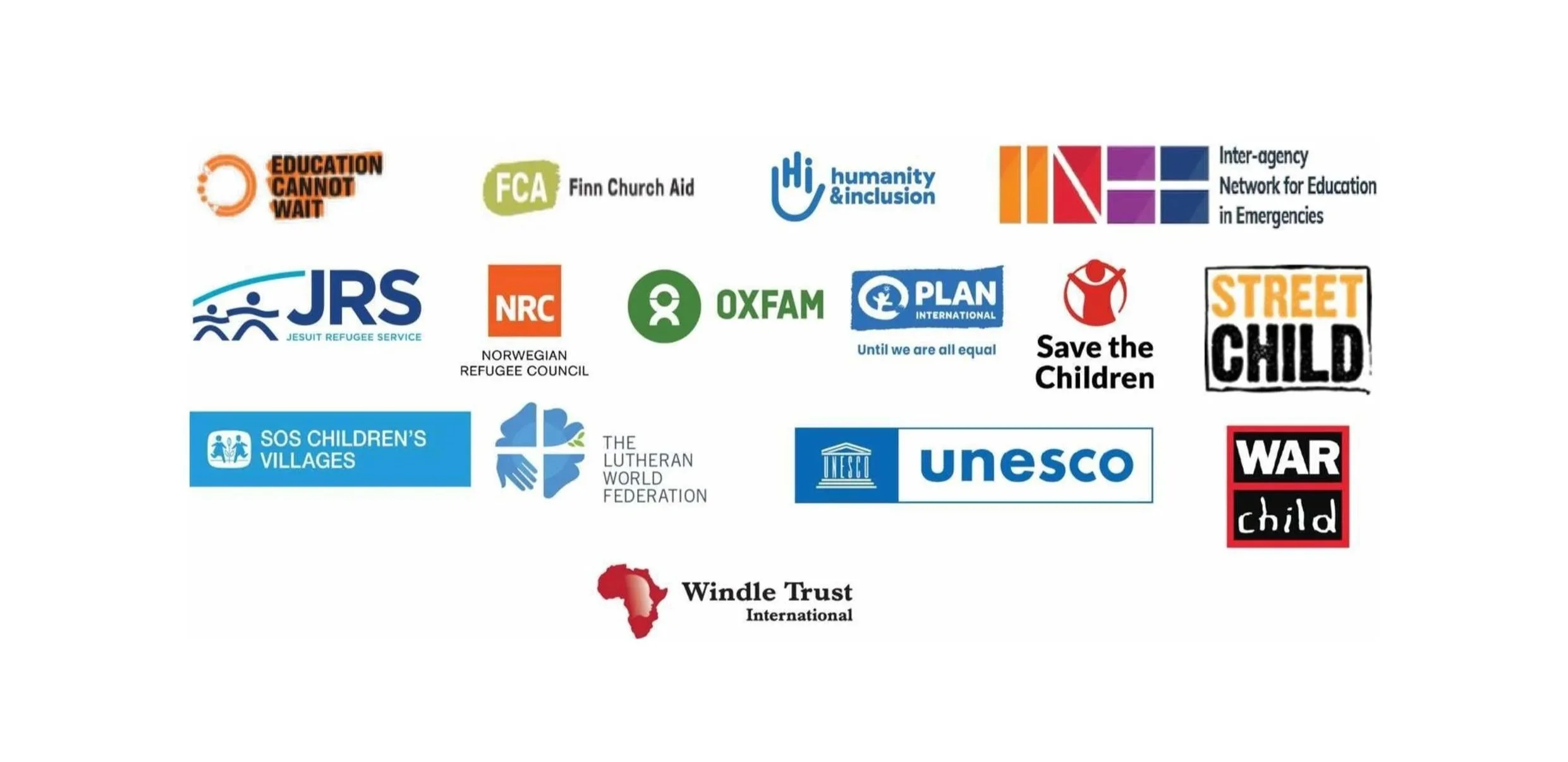World Teachers’ Day: WTI Celebrates in Somaliland
This World Teachers’ Day, 5 October, Windle Trust International supported Somaliland’s Ministry of Education in celebrating teachers across the nation through a series of talks, workshops and exhibitions on “Empowering Teachers for a Sustainable Future”.
The events took place in the capital Hargeisa and served to highlight the role of educators in fostering sustainability, climate action and global citizenship through education. These are key themes in a nation keen to improve its English language proficiency, boost educational outcomes and gain international recognition as a breakaway state.
As part of the Eastern and Southern African Regional Education in Emergencies Working Group, WTI also used World Teachers’ Day to stand in solidarity with a number of other education-centred organisations and agencies, including Oxfam and Save the Children, in calling on governments, and humanitarian and development partners, to better recognise, protect and invest in teachers worldwide.
Educators are vital, no matter where they teach in the world. In crisis contexts, teachers stand as agents of healing, stability and peace. Yet severe funding cuts this year have profoundly affected teachers’ abilities to continue in their line of work: many teachers’ salaries remain unpaid, their learning spaces have closed and their safety has come under risk.
Now is the time for us to stand up and demand better for teachers everywhere. Join us in our call to action to better protect, invest in and safeguard teachers all around the world.
Call to Action by the Eastern and Southern Africa Regional Education in Emergencies Working Group
World Teachers’ Day – October 5, 2025
The Eastern and Southern Africa Regional (ESAR) Education in Emergencies Working Group recognizes and honours the indispensable role of teachers.
Teachers are the cornerstone of every education system. In refugee and crisis-affected contexts, their role is even more significant. They provide continuity, hope, and socio-emotional support in the most difficult circumstances. Often, they are the only educational resource available to learners. Yet little is known about the teachers serving in crisis contexts, and their contributions frequently go unrecognized.
Teachers are not only transmitters of knowledge. They are facilitators, mentors, and role models who shape academic success, nurture resilience, and foster the personal and social development of learners. In emergencies, they stand as agents of healing, stability, and peace. Yet amid severe funding cuts in 2025, teachers across crisis-affected contexts are being asked to do more with less: salaries remain unpaid or delayed, workloads have increased, and learning spaces are closing—fueling dropout and reversing hard-won gains.
We recognise the efforts of governments and partners across Eastern and Southern Africa to strengthen and professionalise the teacher workforce. However, revisions to 2025 humanitarian education plans reduced education funding requirements by 33% and population targets by 43%, excluding more than 33 million learners from planned responses. By June 2025, tracked funding for Education in Emergencies stood at USD 327 million—less than one-third of the amount received by the same point in 2024. Teacher safety also remains a serious concern. Across the region—including Kenya, Sudan, South Sudan, and Mozambique—documented incidents against teachers include threats, targeted attacks, and forced displacement linked to conflict and insecurity.
Aligning with the World Teachers’ Summit’s Santiago Consensus (29 Aug 2025) on national teacher policies, decent working conditions, and sustainable financing, we collectively call upon governments and humanitarian and development partners to promote teacher policies and practices that should:
Invest in robust teacher training and continuous professional development tailored to crisis settings.
Safeguard teachers’ rights and ensure their safety in crisis contexts.
Provide adequate and context-appropriate teaching and learning resources in conducive and inclusive learning environments to enable effective education in emergencies.
Prioritize teacher well-being by ensuring a sufficient policy environment that supports wellbeing and access to mental health and psychosocial support.
Prioritize fair and timely remuneration of teachers and that promotes job security.
Amplify teachers’ voices by meaningfully involving them in the formulation and review of education policies.
Together, we affirm that recognizing, protecting, and investing in teachers is essential to transforming lives and building a more just, peaceful, and resilient future.
This statement is endorsed by:


